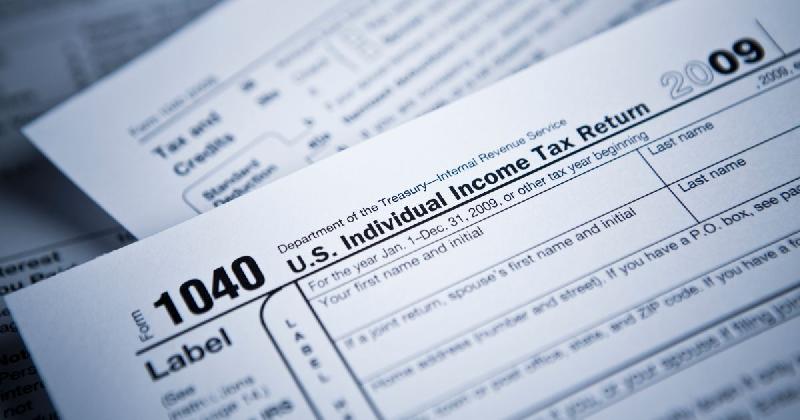Most residents whose states doled out some form of payment to account for rampant inflation will not have to report that income to the Internal Revenue Service.
The agency, which had asked residents in 21 states to hold off sending in their returns until officials could decide what should and should not be taxed, issued its decision on Friday.
In a summary of the IRS decision, The New York Times reported that the logic of the IRS was that payments for disasters or welfare are not taxable.
That’s good news for people in 16 states — California, Colorado, Connecticut, Delaware, Florida, Hawaii, Idaho, Illinois, Indiana, Maine, New Jersey, New Mexico, New York, Oregon, Pennsylvania and Rhode Island.
In case you missed it https://t.co/lhjbfbrfep
— IRSnews (@IRSnews) February 11, 2023
Alaska doled out supplemental payments that are not taxed, although its energy relief bonus checks will not be taxed.
It is a little trickier for people in Georgia, Massachusetts, South Carolina, and Virginia, the IRS said in a statement.
“For these individuals, state payments will not be included for federal tax purposes if the payment is a refund of state taxes paid and either the recipient claimed the standard deduction or itemized their deductions but did not receive a tax benefit,” the IRS said.
Jared Walczak, vice president of state projects at the Tax Foundation, took issue with the distinction, according to the Times.
He said those four states called their bonus checks refunds, which the IRS treats differently.
“It’s hard to understand why, after taking a generous, pro-taxpayer interpretation in most states, they insisted on a more formalistic interpretation in four,” he said.
Adam Markowitz, vice president at Luminary Tax Advisors in Windermere, Florida, told CNBC the decision was sound.
“This is the right ruling by the IRS. It’s unfair to punish taxpayers this late in the game if they were going to change anything,” he said.
But there could be an issue for California residents because the state already sent out 1099-MISC forms that classify its “Middle-Class Tax Refund” as a taxable payment to the IRS.
“The state of California really did everyone a disservice by issuing 1099-MISC [forms],” said Dan Herron, a San Luis Obispo, California-based certified financial planner at Elemental Wealth Advisors.
If the state does not clarify this to the IRS then when residents file their tax forms, there will be a mismatch in what the IRS has on file for their income. Mismatches trigger notices to taxpayers that slow refunds.
“I don’t know how the IRS system is going to handle that,” Herron said.
It is also uncertain how the IRS will handle the returns of those who did not wait until it arrived at a solution.
Maine is just one example, according to ABC.
More than 100,000 tax returns already had been filed as of Thursday, the day before the IRS issued its clarification.
Democratic state Senate President Troy Jackson called the uncertainty caused by the IRS “harmful and irresponsible.”
“Democrats and Republicans worked together to create a program that would comply with federal tax laws and deliver for more than 800,000 Mainers,” he said.
via westernjournal

